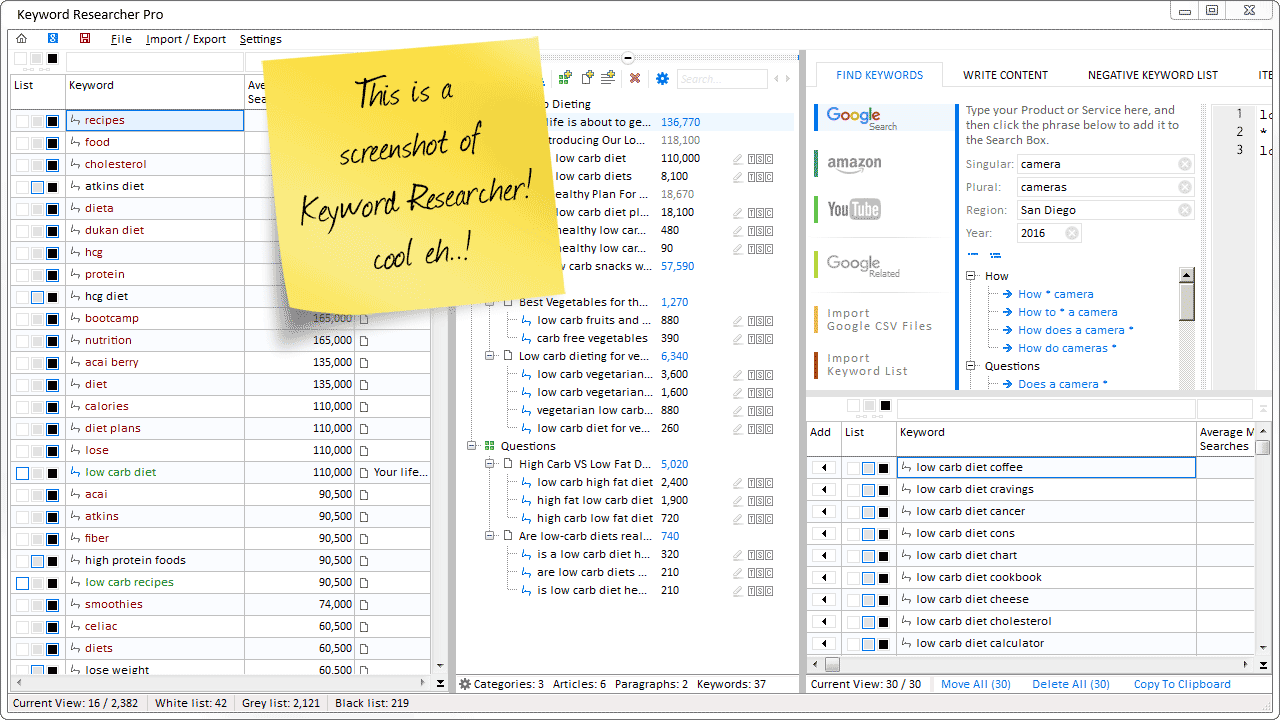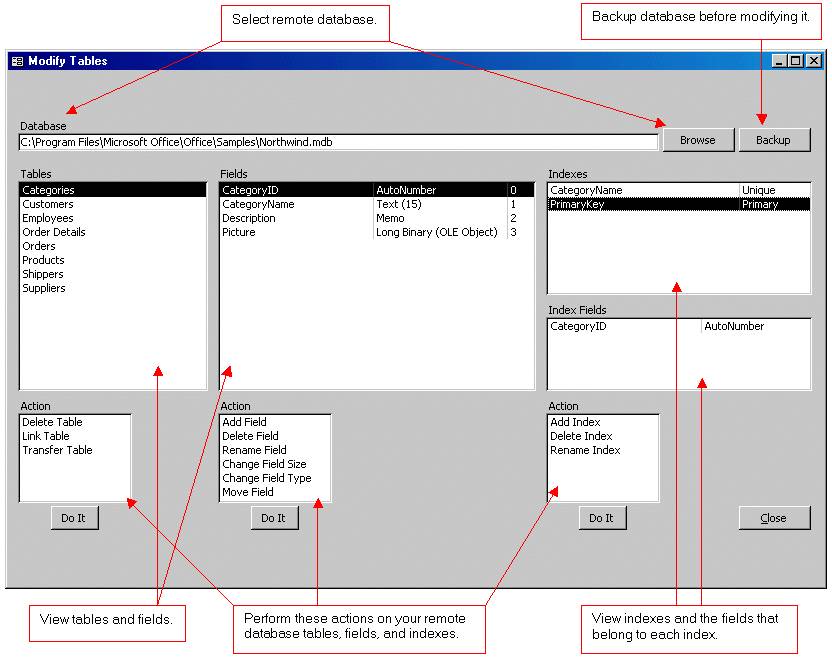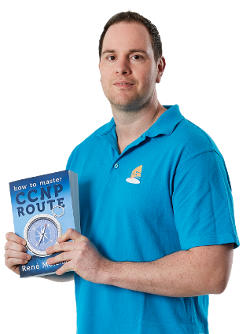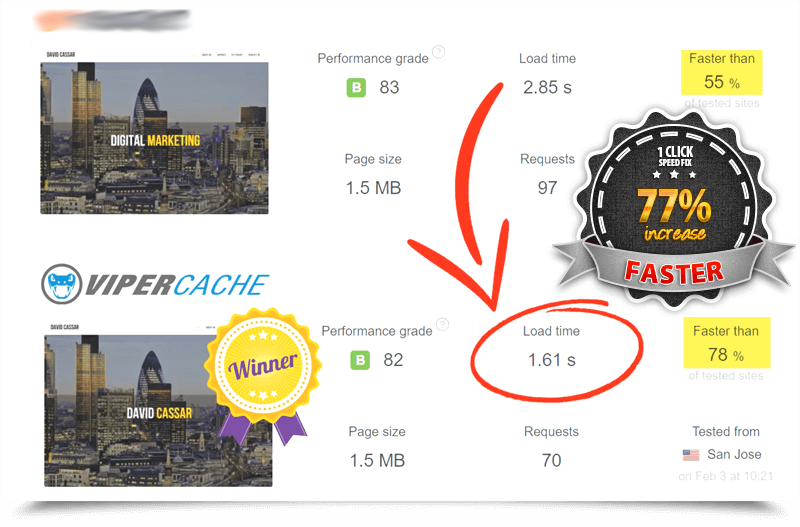Learn how this small car rental business optimizes its Google Business Profile so you can do the same for your operation.
At the time this article goes live, I’ll likely be bouncing up and down on my overstuffed suitcase in an attempt to get it closed, checking I have my passport for the 345th time, or — if I’m very organized — in the back of a taxi en route to Cape Town International Airpot.
I’m embarking on my very first Buffer retreat, where I’ll meet my teammates face-to-face for the very first time in Cancún, Mexico.
Naturally, I’m anxious. Will I make a good impression? How will I remember everyone’s names? How can I make sure I make the most of this in-person time? Will I make friends?
It’s comforting to know that I’m likely not the only Bufferoo who feels this way. Retreats are a pillar of Buffer’s company culture. There have been ten international gatherings since Buffer was founded, attended by almost everyone on the team (at the time). Here’s a round-up of all our retreats so far.
But, thanks to a series of unfortunate events (notably, a pandemic), more than half of my teammates are in the same boat as me. Buffer is a fully remote, global company; many of us have never been in a room with our teammates.
For the first time since 2019, that’s going to change. Almost 70 Bufferoos are flying from all over the world to gather in Cancún for a week of connection and collaboration.
“I will never forget how extremely nervous I was for the first gathering during the retreat in 2013,” Åsa Nyström, VP of Customer Advocacy, told me. She’s been at Buffer for 11 years and attended every Buffer retreat. “While I feel more comfortable meeting everyone now, I would advise remembering that everyone feels a bit nervous as we gather in a new location. It’s not just you!”
Her advice for quieting the nerves? Ask questions. “Someone once advised me to ask questions if I was nervous when meeting new people, so that’s what I tend to do,” she said. “It helps me, at least.”
So I did. I know Åsa meant during the actual retreat, but I figured it couldn’t hurt to get a headstart and hear more advice from other long-tenured Bufferoos. Several have multiple retreats under their belts (and all the t-shirts to boot).
Eight of my teammates put up their hands to share their guidance for retreat newbies like me. While some of it was Buffer-specific, much of their advice could work for any remote worker meeting their colleagues for the first time or someone heading to an international professional conference.
Here’s who weighed in:
Adnan Issadeen, Security and Compliance Engineer
- Years at Buffer: 8
- Retreats attended: Madrid (2017), Singapore (2018), San Diego (2019)
Åsa Nyström, VP Customer Advocacy
- Years at Buffer: 11
- Retreats attended: San Francisco/Lake Tahoe (2013), Thailand (2013), Cape Town (2014), Sydney (2015), New York (2015), Iceland (2015), Hawaii (2016), Madrid (2017), Singapore (2018), San Diego (2019)
Carolyn “Caro” Kopprasch, Chief of Staff
- Years at Buffer: 11
- Retreats attended: San Francisco/Lake Tahoe (2013), Thailand (2013), Cape Town (2014), Sydney (2015), New York (2015), Iceland (2015), Hawaii (2016), Madrid (2017), Singapore (2018), San Diego (2019)
Dave Chapman, Senior Customer Advocate
- Years at Buffer: 10
- Retreats attended: New York (2014), Sydney (2015), Reykjavik (2015), Honolulu (2016), Madrid (2017), Singapore (2018), San Diego (2019)
Hailley Griffis, Head of Communications and Content
- Years at Buffer: 8
- Retreats attended: Madrid (2017), Singapore (2018), San Diego (2019)
Karinna Briseno, Technical Customer Advocate
- Years at Buffer: 8 years
- Retreats Attended: Madrid (2017), Singapore (2018), San Diego (2019)
Mick Mahady, Software Engineer
- Years at Buffer: 8
- Retreats attended: Madrid (2017), Singapore (2018), San Diego (2019)
Mike Eckstein, Senior Product Marketing Manager
- Years at Buffer: 8
- Retreats attended: Honolulu (2016), Madrid (2017), Singapore (2018), San Diego (2019)
My teammates delivered (and then some!). All their wisdom fell into two buckets: Making the most of your time and taking care of yourself, so I’ve broken it down based on these categories.
Ready to dive in? (If you’re a Bufferoo, get your Buffer notebook out!)
Making the most of the retreat
One of the most significant benefits of retreats is deepening relationships throughout Buffer. And, with more than 50 percent of the team having never met IRL, building connections with our teammates was far and away the most frequent advice I got from long-tenured Bufferoos in this category. They all had their unique take on it, too.
1. Connect with people outside your immediate team
“Meet team members from across the team. I am sure others will also try to get you involved. But if possible, remember that we’re not a clique, and you’re always welcome to join any conversation and activity. It’s such a gift to connect and make friends with folks from other teams at the company, who are often based in other parts of the world.” — Asa
“It's easy to gravitate towards familiar faces, especially if you're introverted. However, sitting with different people is a fantastic opportunity to get to know other team members better. Try to balance spending quality time with your usual team/friends and reaching out to teammates you don't interact with as much. It's a great way to get to know more people and can also help you feel less anxious as the week goes on because you will know a lot of folks better than you did at the beginning of the week.” — Mick
“Embrace the spontaneity. This is where the magic happens! When working in a remote setting, it can be easy to slip into comfortable habits, like sitting only with people you normally work with. Over the years, though, my favorite moments have been the times I developed relationships outside of my current team and made the most of our in-person time.” — Karinna
2. That means company leaders, too
“Do try and take the opportunity to grab some time with members of the executive team. Those chats can be quite invigorating and yield a lot of motivation for work that you'll be doing in the future. Always a good thing.” — Adnan
3. Find a ‘retreat buddy’
“It can be helpful to have someone you trust and get on with to be able to check in with during the week. Like a ‘retreat buddy.’ While the biggest benefits of the retreat can be the new connections you’ll make, and this should be a priority, having a buddy can be a great way to navigate the experience and support each other.” — Dave
4. Don’t feel pressured to be working all the time
“The primary goal of a retreat is bonding with folks in a face-to-face setting in a time period dedicated to just this. But I struggled with really embracing this on my first retreat because I'd see pockets of people working on some quick thing here and there, and I'd think to myself, ‘Well, maybe I should find something to work on too.’
In reality, that wasn't the case at all. Some folks might be tinkering away on some idea or just taking a chance to go over stuff while being in each other's presence. There is absolutely zero pressure to do that yourself. If you find yourself at a loose end, odds are that someone else is too, and it's probably an opportunity to catch up with them.” — Adnan
5. When in doubt, head to the lobby!
“As the week goes on, you’ll start to feel more comfortable. You’ll notice that people tend to congregate in small groups in various parts of the hotel. Don’t hesitate to wander up to a group and join it! Everyone at Buffer is very welcoming and lovely. If you’re at a loose end — just head to the lobby.” — Mike
6. You won’t get to everyone right away
“Meeting people for the first time in a large group setting can be a little intimidating. Don’t feel pressured to try and talk to everyone at first; it’ll happen naturally over the course of the week.” — Mike
7. Be present
“Being present at the retreat is really valuable. While remote work is fantastic, the in-person interactions you'll have at the retreat are so rewarding. These face-to-face moments let you connect with folks in ways that just aren't the same over Zoom. You'll find it easier to dive into deeper conversations and build stronger connections with teammates. So, try to engage as much as you comfortably can in the sessions and activities.” — Mick
8. A brain dump can help
“I always take a ton of notes on retreats. I definitely recommend giving yourself the space to brain-dump all of your thoughts throughout the week and then take the following week to sort through them more fully. There are tons of new ideas and connections sparked during the retreat that can lead to exciting projects and results.” — Hailley
9. Snap away
“Take lots of selfies! Photos help us remember happy moments. (And they make our Content Marketing team happy too.)” — Caro
Taking care of your body and spirit
Many of the long-tenured Bufferoos agreed on this front. Retreats are incredible but jam-packed. Being swept up in all the excitement often means you forget about the basics, like getting enough water and sleep. Many of them also flagged stepping away from socializing every now and then, especially if you’re an introvert.
10. Take time to recharge
“Remember to keep an eye on your energy levels and emotional well-being. It's tempting to join in on everything and be ‘always on,’ but sometimes, the best thing you can do is take a quiet evening off in your room.
At my first retreat, I felt kind of guilty whenever I wasn't hanging out with someone. But after a full day of socializing, sometimes I really needed some quiet time in my room to recharge my batteries. That's totally fine! No one's going to twist your arm to do anything you're not up for. Your well-being comes first.” — Mick
“It’s a big event, for sure! It might feel overwhelming, there might be some jetlag — be prepared to build in some time for yourself. Taking time to reflect, process, and recharge will help a lot. Using the hotel gym, yoga, meditating, going for a walk, journalling, and checking in with folks back home can all help with feeling grounded and connected. Whatever works for you!” — Dave
“Carve out time for yourself, whether it’s downtime in your room, exercising, exploring the area, or calling home. I have found that I can get a bit drained when I am around people constantly, as I am used to working from home. My hour in the morning before breakfast or morning sessions is precious to me. I also try to have some time in the room before dinner, and sometimes I’ve spent the evening by myself to recharge.” — Asa
11. Be prepared for the jetlag
“Jet lag is such a whole thing. Try to get ahead of it. As you board your flight, pretend it’s the time of your destination. Change your clock, update the timezone setting on your phone, and try to get on the same timezone as your destination before you arrive so you’re well-rested.
Once you arrive, try to squeeze in a workout as soon as you can. Or, you can try this travel technique called ‘grounding’ — walking barefoot as soon as you’re able — which helps you acclimate to your current timezone.” — Karinna
12. Bring your home comforts along
“I travel with caffeine-free tea so I can enjoy my morning routine anywhere. It helps me feel grounded and prepared for a day of otherwise new experiences! For those traveling from far away, disposable toe-warmer packets take up almost no space, but they make cold long-haul flights so cozy. This is one of my favorite travel indulgences!” — Caro
13. And some vitamins
“I also always recommend bringing your cold and flu medicine of choice or stocking up on vitamin C — there are a lot of folks from around the world traveling to one place, so there are usually some germs floating around.” — Hailley
14. Hydrate, hydrate, hydrate
“If you’re used to working remotely with your water bottle in front of you, it’s surprisingly easy to forget to drink water while out of routine. Set alarms to polish off and refill your water bottle!” — Caro
15. Do some exploring
“If you’re on a retreat somewhere you’ve never been before, maybe quite far from home, it could be a once-in-a-lifetime experience! So take any opportunities to experience the local culture beyond the hotel and resort.
We usually build in a free afternoon within the week, and this is a great chance to explore the area, ideally with some like-minded folk. In the past, a few people have self-organised a food tour, so definitely look out for that (or suggest it and plan it) or visit a local attraction like a museum or gallery, landmark, or beauty spot.” — Dave
16. Soak it up
“Pause and spend a few moments just savoring it all. These in-person times are rare for us. I try to stop what I’m doing a few times throughout the week so I can just enjoy the hum of teammates sharing a meal, telling stories, making plans, solving problems, and creating life-long memories and friendships!” — Caro
Interested in learning more about Buffer retreats?
With over a decade of retreats on the books, we have plenty of reflections on why they’re essential, how we handle the logistics, and more. Here’s my recommended reading:
- Why The Buffer Team Goes On International Retreats: This is an excellent read from Buffer founder and CEO Joel Gascoigne, though it’s worth noting that we no longer go on multiple retreats a year. We’re still figuring out that piece of the puzzle in a post-Covid world, and we’ll update the Open Blog when we have more to share.
- The Buffer Team Retreat Over Time: Here’s Every Retreat So Far: This round-up is a great birds-eye view of all ten retreats (with photos!).
- How We Create a Retreat-From-Home Experience For Those Who Can’t Make It: Not everyone can make it to our retreats, and that’s OK. Here’s how we make sure they get to experience as much of it as possible remotely.
- Buffer is Remote but not Async-First, Here's Why: Some big-picture context on why we value synchronous work at Buffer.
Recommended Story For You :

Organize Keywords and Import CSV Files from the Google Keyword Planner

The Most Affordable And Easiest User Friendly Page Builder You Will Ever Use!

Instant WordPress Theme That Matches Your Website

Wizard to Manage Remote Backend MS Access Database Tables Fields and Indexes

If you had an aisle-by-aisle grocery list wouldn't you spend less money on impulse items?

everything you need to create a professional corporate look mini-site is there.

Unlock Your Networking Potential with GNS3Vault

Viper Cache Was 77% Faster Than The Competetion

Understanding Stock Market Shorting eBook


